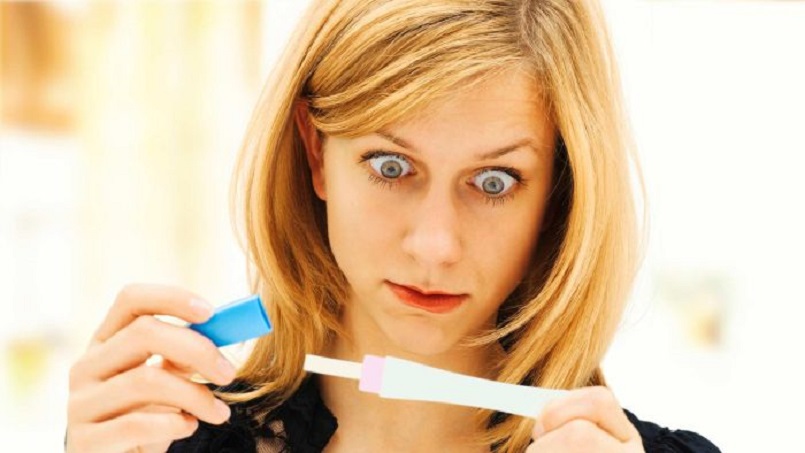
Can a woman get pregnant when she is already pregnant? In other words, can she have two foetuses in her uterus at different stages of development?
The technical term for this is superfetation. In humans, it's possible, but it's very uncommon.
Two thousand years ago, that great Greek thinker Aristotle wondered about this very topic, specifically as regards the hare.
Aristotle noticed that when a hare gave birth, quite often the offspring in a single litter would fall into two distinct classes: there would be a bunch of full-sized robust baby hares, and another bunch of scrawny frail baby hares.
It was, he thought, as though the mother hare had become pregnant and then — while pregnant — had conceived a second time.
There was nothing fundamentally wrong with the smaller, weedy offspring, Aristotle thought, apart from the fact that they had not spent enough time growing in their mother's uterus. And he was right.
Why is it so rare?
Normally in humans, there are three separate barriers to stop a female from getting pregnant again if she is already pregnant.
The first barrier is the hormonal changes after conception that stop the ovaries from releasing another egg.
The second barrier is physical: a mucous plug. Almost immediately after conception, a plug forms in the cervix and sits at the top of the vagina. This plug stops any other sperm from entering the uterus and getting to a second egg.
Third, there are physical and chemical changes that happen to the inner lining of the uterus in pregnancy. These changes usually stop a second fertilised egg from being able to attach to the uterine wall.
Even so, some animal species manage to get around all these barriers. About 1 to 2 per cent of all pregnant cows show signs of being potentially fertile while they are already pregnant, and superfetation has been observed in animals such as the mouse, the rabbit, the sheep, the buffalo, the mink, and the Australian swamp wallaby.
Could superfetation happen to me?
Superfetation is extremely uncommon in humans, with fewer than a dozen cases in the medical literature.
A typical case is that of Julia Grovenburg, a 31-year-old woman from Arkansas.
Ms Grovenburg and her partner had been trying to get pregnant for three years, and had begun to consider adoption of a child.
But amazingly she conceived twice in 2009 — a few weeks apart. The Daily Mail claimed that, in a "desperate and final attempt to have children of their own", the couple had given it one last try.
This is a curious use of the word desperate.
I might be old-fashioned, but it seems odd to me to regard sexual intercourse as "a desperate and final attempt" to get pregnant.
It makes you wonder what measures they tried before they got desperate.
Anyhow, Ms Grovenburg was pregnant — but then things went odd: the ultrasound showed two independent babies, each living in their own separate amniotic sac. But one was much larger and more developed than the other.
As the ultrasounds scans mounted up for Ms Grovenburg, both foetuses seemed to be growing normally and healthily, though it appeared as if one foetus had simply started a few weeks after the other.
In other words, Mrs Grovenburg had conceived a second baby a few weeks after becoming pregnant with the first.
No way to prove it
Now we don't have rock-solid proof that this is what happened. We would need a series of ultrasound scans to prove that.
These scans would need to document a series of changes — starting with no foetus or amniotic sac in the uterus, and then a single foetus in its single amniotic sac, and a second foetus appearing in their own second amniotic sac after a few weeks.
People don't usually get a series of ultrasound scans immediately after sexual intercourse, so this kind of hard data is difficult to get.
But there is some evolutionary biology behind superfetation. Female European brown hares frequently have a second pregnancy while already pregnant. This means females can have about one third more offspring in each breeding season.
For humans, more babies each breeding cycle isn't always a plus — especially if you're trying to get a good night's sleep.
